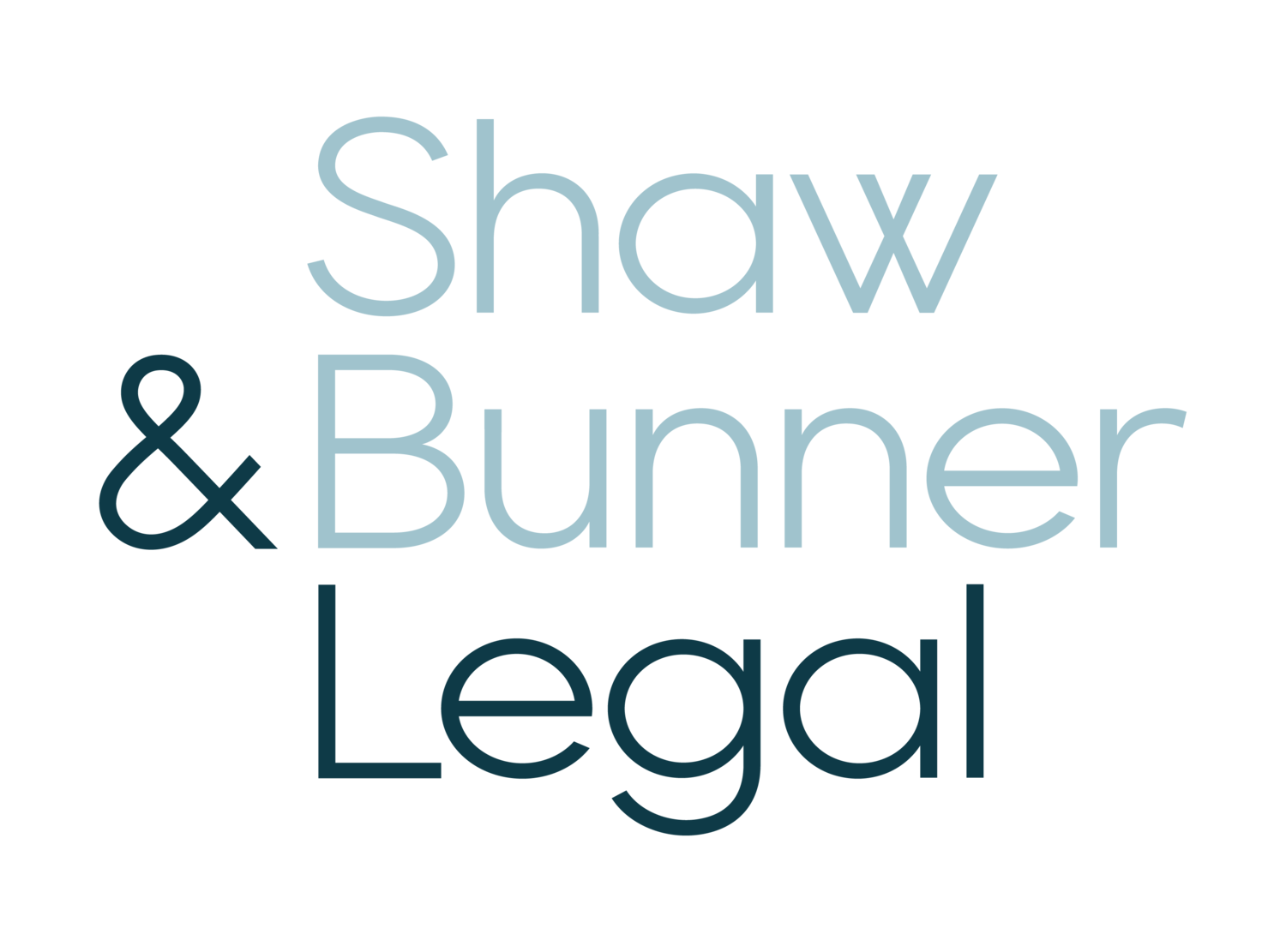Do I Have to Go to Court to Get Compensation After a Coal Mining Injury in NSW?
You’re a coal miner in New South Wales. You’ve been injured — maybe a fall underground, a back injury from a rock being dropped into the bucket of a haul truck, or perhaps a dust disease that’s built up over years. It hurts. It’s costly. You’re wondering: Can I get compensation without dragging everything through the courts? And if I do have to go to court, what does that mean?
Many miners feel stuck, unsure, frustrated by red tape — worried that going to court is scary, expensive, or takes too long. The good news is: in many cases, you don’t have to go to court (in the sense of a full trial) to get compensation. But sometimes, court involvement is necessary — especially for certain types of settlements or when things are disputed. Understanding when and why court might be involved, what options you have, what the Coal Mines Insurance (CMI) scheme gives you, and what “common law” or “redemption” claims are, can make a big difference in what you get and how fast.
This blog explains:
how the NSW coal miners’ workers compensation scheme works,
what kinds of compensation are available,
what court or court‑like steps may or may not be needed,
redemption settlements, common law claims, and
how we at Shaw & Bunner Legal have helped miners just like you.
What’s Special About the Coal Mines Insurance (CMI) Scheme
Coal mining in NSW has its own workers’ compensation scheme, which is different (in many ways better) than the standard system for other workers. Some features:
The Coal Mines Insurance (CMI) scheme is run by Coal Services. It provides insurance and compensation specifically for those working in or about a mine.
Statutory benefits: if you’re injured, you’re entitled to weekly payments (while you can’t work), medical/hospital/treatment expenses, and other supports.
If your injury leads to permanent impairment, you may also get a lump sum for the loss of function or use of a body part, and possibly pain & suffering.
Entitlements often continue for a very long time: weekly payments generally continue to 68 years of age.
You have rights that often go beyond what non‑miners get under standard workers’ compensation.
What Is a Redemption Settlement — And When Does Court Get Involved?
A big tool in the coal mining scheme is something called a redemption settlement (sometimes called an “overall settlement”).
What is redemption?
You (the injured miner) might be receiving weekly payments and other benefits under the coal mining workers compensation scheme and realise you’ll be receiving those for many years. A redemption settlement is an option where you negotiate with CMI (or the insurer) to accept a lump sum “buy‑out” of your future compensation entitlements. You essentially trade off continuing benefits (weekly payments, treatment, etc.) for a one‑off amount.
This can be helpful if you’d prefer to have certainty or to settle and move on. But it means you give up future benefits under the scheme (except in limited claims like some industrial deafness or lung disease).
Does redemption require court?
Yes: a redemption settlement must be approved by a Judge of the District Court of NSW.
The process involves making a formal application to the District Court, tendering medical evidence, swearing the injured person in the witness box, answering questions about your injury, capacity, and understanding of the settlement. The Judge will only approve it if satisfied that you understand the consequences and that the settlement is fair.
So while many compensation features are handled outside court, redemption always involves court in that way.
Common Law Claims: When Court Is Almost Inevitable
The CMI scheme gives you statutory benefits. But if your injury is due to negligence (an unsafe system of work, employer breach of duty, etc.), you may have a common law claim in addition to your statutory entitlements.
Common law claims are for things like pain & suffering, loss of future earnings, superannuation, possibly medical expenses beyond what the insurer has paid, domestic care etc.
To bring a common law claim, you must file court proceedings. These are lawsuits against your employer (or a third party, in some cases). This typically means going through the court system — often the District or Supreme Court in NSW.
Important facts:
There is a time limit: you generally must commence court proceedings within 3 years from the date of injury. If you miss the deadline, you may lose the chance to claim common law damages although in certain circumstances claims can be made outside this time limit so it is still important to obtain legal advice.
You don’t need to go to a full hearing in every case — many common law claims settle out of court. But they do generally require legal action / court filing to preserve your rights.
Do I Always Need Court to Get Compensation?
No. Here are some scenarios:
Scenario: You accept statutory workers’ compensation only (weekly payments, medical expenses, lump sum for impairment under scheme)
Is Court needed? Usually no
Notes: These are handled through the insurer (CMI) and internal processes.Scenario: You want a redemption settlement (one lump sum buy‑out of future entitlements)
Is Court needed? Yes
Notes: Court must approve.Scenario: You want common law damages (for negligence etc.)
Is Court needed? Yes (court proceedings needed)
Notes: Though many claims settle after initiating court action.Scenario: Dispute with insurer about liability, medical condition, capacity etc
Is Court needed? Maybe
Notes: May go through administrative processes; court could be involved if dispute not resolved which may involve settlement discussions via conciliation or hearing.Scenario: Claim is simple, statutory, undisputed
Is Court needed? No
Notes: Many miners get benefits with minimal court involvement.
Court involvement depends on what you’re seeking, how your claim is being handled, whether there’s disagreement, what kind of settlement you want.
Case Studies: How We’ve Helped Miners in NSW
To show what this looks like in practice, here are some examples of injured coal miners that we have helped:
Case Study 1: “Terry” – Hearing Loss and Multiple Injuries
Terry had worked underground for 40 years. He had long‑term exposure to noise, plus a back injury, some joint damage, and other smaller injuries that built up. After retiring (earlier than planned due to his injuries), he turned to us. We helped him:
get weekly payments for incapacity
get lump sum compensation for permanent impairment across multiple body parts, pain & suffering
negotiate a redemption settlement because he’d left mining and didn’t expect to return. The redemption process went to court; medical evidence was provided; he was sworn in; we explained to the judge his circumstances and that he understood giving up future weekly payments etc. He accepted the one‑off amount, got it approved, and now has financial certainty and can move forward without ongoing ties to CMI.
Case Study 2: “Leanne” – Psychological Injury After Near Miss
Leanne was a plant operator. She nearly had a serious accident when the truck caught fire; no major burns or broken bones but she developed PTSD and anxiety. The insurer initially disputed liability for her psychological injury. We filed court proceedings (common law) to preserve her rights. Through negotiation and expert evidence, she settled — getting compensation for medical treatment, loss of past income, some future loss, and pain & suffering — without a full trial.
These cases show that whether or not court is involved depends on the kind of claim and how negotiations proceed — but having legal support makes a big difference.
What to Do to Get the Best Outcome (Without Unnecessary Court Time)
To reduce the stress, avoid unnecessary court, and make sure you get what you deserve:
Report the injury early — tell your employer, make sure it’s recorded. If you delay reporting, insurer might deny or reduce things.
See a doctor and get a Certificate of Capacity — medical evidence is critical.
Keep good records — medical, treatment, travel, expenses, income loss.
Consider getting legal advice from a lawyer who specialises in coal mining compensation — they’ll know the coal mining scheme, redemption options, common law rights.
Think carefully before accepting offers — especially for settlements or lump sums. If you accept something without knowing your full entitlements, you may be giving up significant future benefits.
Understand your time limits — e.g. 3 years for common law claims, court steps for redemption, etc.
Next Steps
If you’ve been injured in a coal mine, or are unsure whether you need to go to court for your compensation – you don’t have to figure it out alone. Book your free consultation with our specialist lawyers, and during the session we can:
Review your injury and situation
Explain what statutory benefits you may immediately be entitled to
Discuss whether a redemption or common law claim might apply
Map out time limits and evidence you’ll need
Our goal is to help you get the best outcome, with as little stress and cost as possible.
Frequently Asked Questions (FAQs)
-
You can accept offers for statutory benefits without going to court. But offers that involve giving up future entitlements (like a redemption settlement) or that settle your common law rights need to be carefully reviewed. If the offer includes those, court involvement may be required (especially for redemption). Always get legal advice before accepting.
-
Statutory compensation comes under the coal miners’ workers compensation scheme (weekly payments, medical treatment, impairment lump sums, etc.). A common law claim is when you allege your employer was negligent or breached safety duties, and you seek additional damages (pain & suffering, future wage loss, superannuation, etc.). Common law requires filing court proceedings.
-
Usually 3 years from the date of the injury. If you miss that time, you may lose the right to bring a claim. In certain circumstances claims can be made outside this time limit so it is still important to obtain legal advice.
-
You apply to the NSW District Court (Coal Miners Workers Compensation List). A judge must review medical evidence, swear you in, ask you questions about your injury, your work capacity, your understanding of the settlement (that it’s final, and you’re giving up future benefits). If the judge is satisfied, they approve the settlement. Without court approval, the redemption isn’t valid.
-
Not always. Disputes often go through internal review, expert medical assessment. But if those fail or are not adequate, court proceedings might become necessary to resolve those issues.
Written by the
Shaw & Bunner Legal Team
At Shaw & Bunner Legal, we’re highly experienced personal injury lawyers proudly serving clients across regional NSW. With over a decade working in national firms and deep personal ties to the coal mining industry, we’re uniquely positioned to help injured workers—especially miners—navigate complex claims with confidence.
Since our start in 2018, we’ve committed to providing clear, compassionate, and solution-focused legal advice that delivers real results. When you read our content, you’re getting insights from a team that truly understands what you’re going through—because we’ve lived it, worked in it, and helped hundreds of people through it.
Disclaimer: This article is general information only and cannot be regarded as legal advice as it does not take into account your personal circumstances. For tailored advice, please call us on (02) 4046 1805 or email us at admin@shawbunner.com.au.

